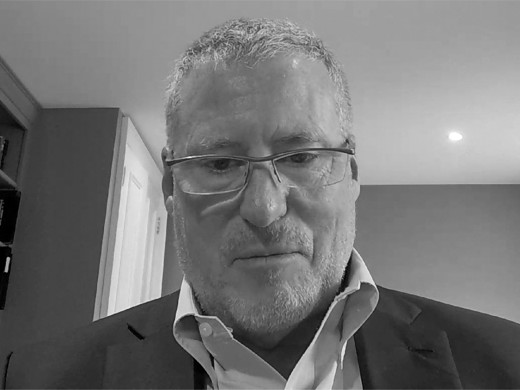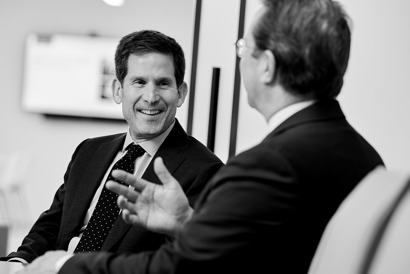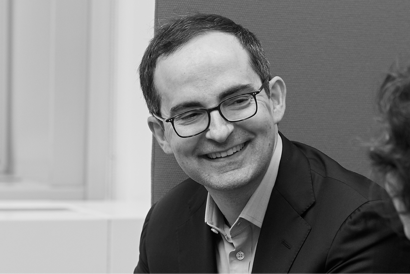Charlie Rooke: You mentioned earlier some of the more tech related cases you're seeing recently. What cases have you seen in particular that are really pushing the boundaries in terms of claims against big tech and crypto and those kinds of areas, which are, which are real hot topics and I think are really starting to toe the line on what falls within the context of being in competition or claim?
David Wingfeld: That's a very good question. So, you first have to understand why tech cases raise unique antitrust challenges. It's because most tech cases involve what are called economic platforms. These are economic arrangements that put two distinct user groups in touch with one another and allow those user groups to engage in transactions that are facilitated by the platform operator and also those user groups to facilitate other transactions with users of their goods or services. For that reason, tech cases involve massive returns to scale. The bigger the platform is, the more profit it can make, and it also creates significant network effects. The more users you have on one side of a platform, the more those users interact with other users. That scale creates barriers to entry for competitors and that scale is also possible frequently, and some economists would say always, by having the platform engage in some form of anti-competitive behavior that allows it to grow to scale and to preserve its ability to generate transactions through its platform.
Once it achieves certain degree of scale, then its very difficult to dislodge it. Those characteristics make tech cases different from conventional cases that textbook economic analysis would describe. And that's because competitors can't enter the market very easily. Tech companies are subject to technological innovation that will undermine their market position, but it's very difficult to improve on the technology of many of these companies. Once they have a certain degree of scale, it's very hard to just lodge them in any other way. Pricing mechanisms generally don't work. That's had a couple of interesting consequences. One consequence is that the Chicago School of Antitrust analysis, which focuses entirely on low prices for consumers consumer welfare standard, is now being supplanted by the older form of antitrust analysis, the Harvard School, which looked at structured conduct and performance of a market scale—something that the Harvard School critiqued, which the Chicago School has largely ignored.
So the problem of scale is changing the nature of competition, law analysis, and that is presenting challenges in the various countries in which these cases are brought because the competition laws of the EU and the UK, the US and Canada, have all been developed in the past 30 years not to treat scales a problem in and of itself. And yet scale is in fact one of the problems that now must be addressed in connection with behavior, which can be seen as objectively anti-competitive, because of the way it infringes the substantive laws of each jurisdiction. So, these cases are therefore large, complex, difficult cases to bring. They involve many challenges both commercially and economically. Yet it's essential that market discipline be brought to bear on tech platforms. And so, what's the funders really to fund these cases so you can actually start addressing some of this anti-competitive conduct?
The agencies all over the world have resource constraints. When I was at the DOJ in Canada, there's only a limited number of cases that the Commissioner of Competition can analyze and seek to enforce. Mostly the agencies are focused on unmasking or dealing with hardcore price fixing cartels because they're objectively damaging the economy and they are at the core function of antitrust agencies and merger review. So, getting into the nuances of how, for example, a tech platform may use a contractual stipulation to enhance its market power on one side of a platform is not something that the agencies have generally wanted to focus on doing. Until recently, the FTC of the US, the German competition authorities and the EU have become very aggressive in these areas. That's only in the past 10 years. And again, there's only so many cases they can bring if it really is up to the private bar or private enforcement actions and class actions to advance antitrust enforcement in these areas. And that's where we'll enter the picture. You as a funder, me as a barrister, and solicitors who hire the legal team or prosecute the cases in North America.
This video was recorded in June 2023.
This communication shall not constitute an offer to sell or the solicitation of an offer to buy any ordinary shares or other securities of Burford. This video may not be copied, distributed, published or reproduced, in whole or in part.





